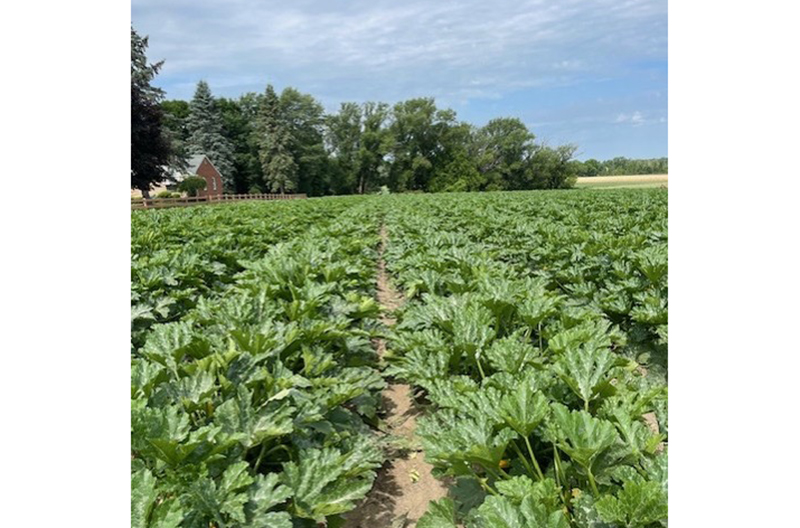Tops Friendly Markets relies on partnerships with local growers to stock its produce shelves with fresh items throughout the season, helping support family-owned farms.
Tops has partnerships with more than 500 locally-owned and -operated dairy and produce family farms. They have generations of growing experience, and their proximity to Tops locations allow for fruits and vegetables to go from farm to table.

The relationship that Tops produce managers have created with local growers ensures the highest quality produce is available.
Eden Valley Growers Inc., a fifth-generation owned and operated business, values its partnership with Tops, as it opens a wider market and increased customer access. Established in 1956, it is a vegetable-growing farm cooperative with 10 multi-generational family growers.
“In terms of buying local, I think it’s great because you are literally taking your money and putting it right back into the community that you live in,” said Andrew Stobnicki, procurement coordinator for Eden Valley.
Stobnicki, who has been working in the produce industry for about 10 years, is excited to support local growers, increasing their product reach and returns. This reinvestment in buying homegrown not only provides customers the freshest and tastiest product but also boosts the local economy.

[RELATED: Tops Adds Fresh Produce To DUFB Program For SNAP Customers]
Chris DeMarie, produce manager at the Tops Hamburg, New York, location, works with Eden Valley and appreciates the strong relationship they have built. DeMarie is able to reach out to his contact and have the fruits or vegetables he needs as quickly as possible.
“The freshness and quality standard is really exceeded when you get something from a local vendor. If I can get it through the backdoor basically from the field that morning, I mean, you can’t beat that,” DeMarie said.
Not only does buying homegrown offer more flavorful produce, it also contributes to environmental sustainability. Since products do not need to travel as far, gas is cut down. Also, less packaging is needed to preserve products during transport, limiting the amount of waste.

